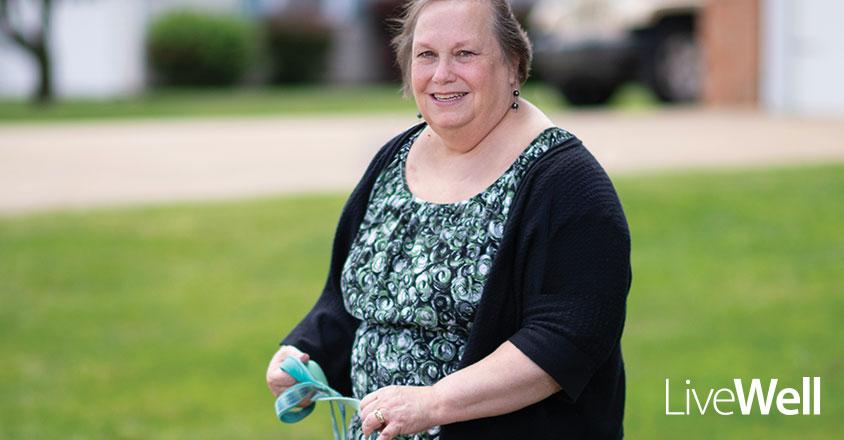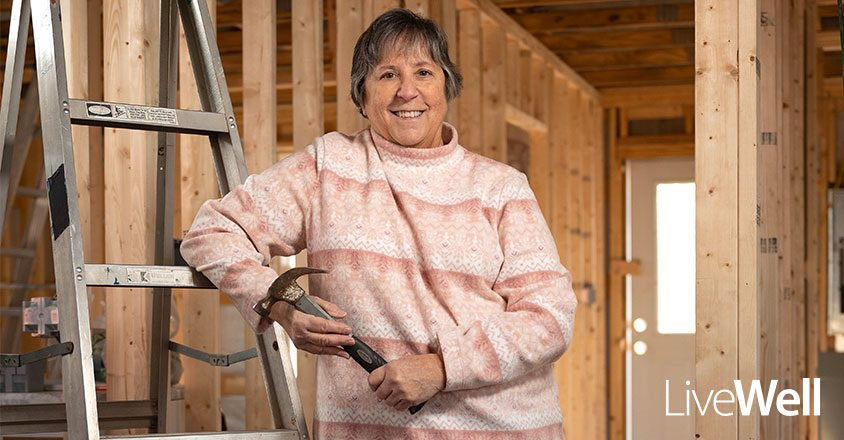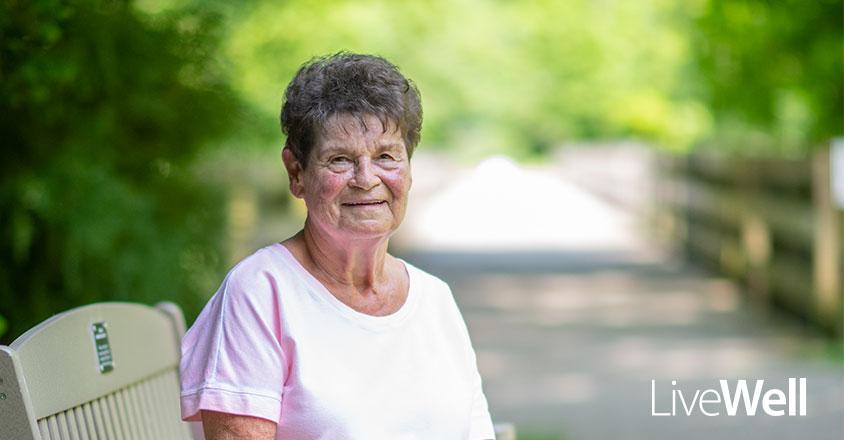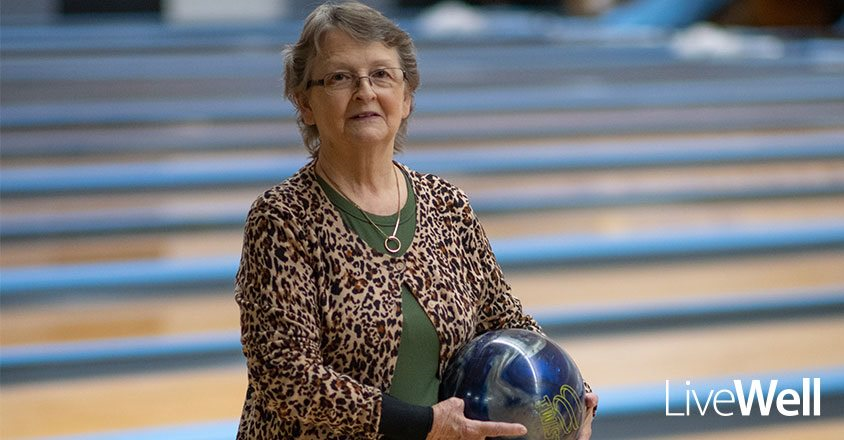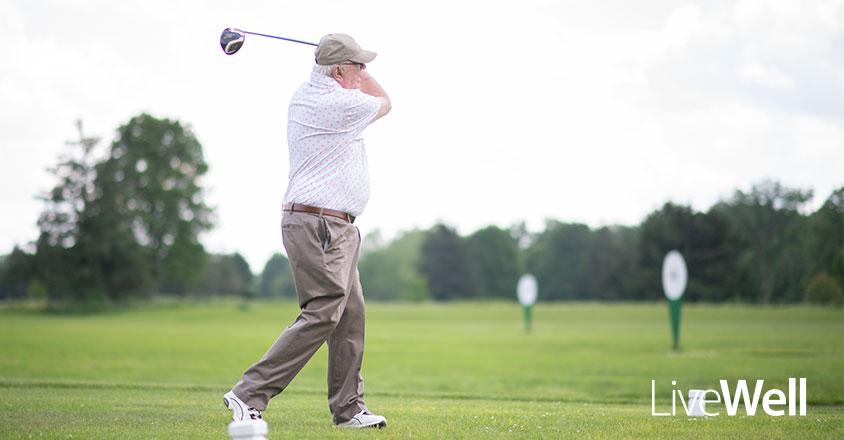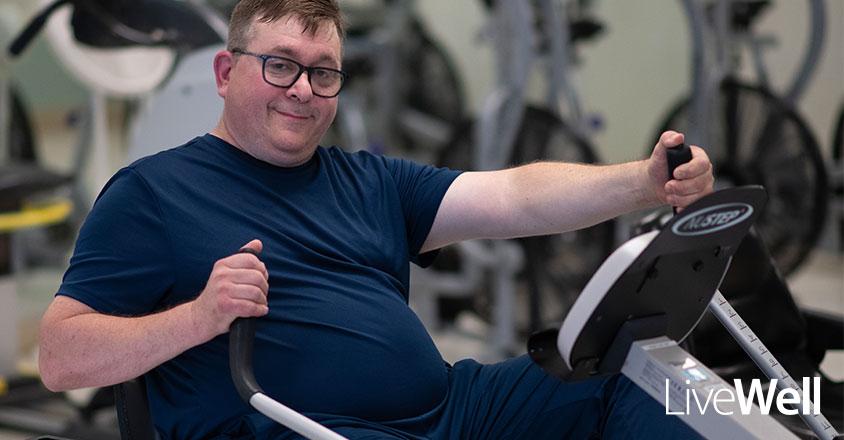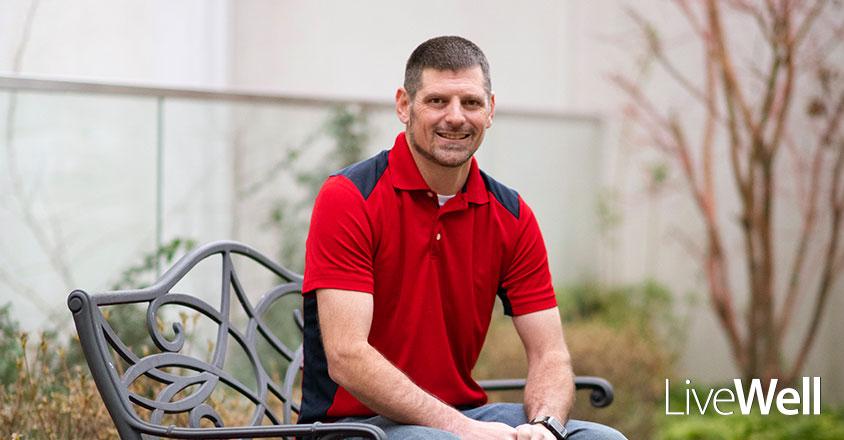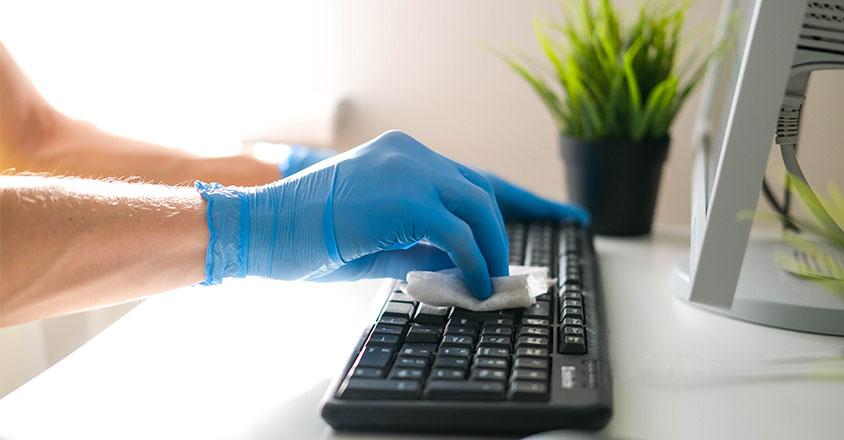Portion control and power walking
A few years ago, Tim Lewis of Coshocton, Ohio, had trouble doing most things. He was morbidly obese, suffered from emphysema and had trouble sleeping. He was constantly out of breath and could barely walk from room to room in his house.
Tim knew he had to do something about his health because he is a single father to a preteen daughter. “It was hard for me to go to school and athletic events and fun things she enjoys, like shopping,” he said. “I had to find a way to take better care of myself, so I could take care of her.”
A Transformation Takes Root
Unfortunately, his health was so poor that Tim suffered two heart attacks in the summer of 2021. After the second heart attack, he had stents put in at Genesis Hospital, which he said helped with his breathing. After his discharge, Tim was worried about recovery. “I knew I needed to eat better and exercise to get back on track, but I didn’t feel like I had the energy to do anything. I felt so fragile,” he said.
Then he noticed something that turned out to be the key to a complete transformation in his health and life. “I got home and saw that I’d lost 20 pounds during my hospital stay. I was happy about it but couldn’t figure out how it happened.”
At his first check-up with Christy Zigo, APRN-CNP, Nurse Practitioner at the Genesis Heart & Vascular Group in Coshocton, Tim told her about his fear of not being able to recover fully.
Zigo took the time to discuss his treatment, recovery plan and the future at length. Reassured about many of his concerns, Tim asked how he could have dropped 20 pounds so quickly.
“When Tim came to the office, he was motivated to improve his health and unsure how he had made such progress while in the hospital,” said Zigo. “I explained that while in the hospital, Genesis dietitians planned his meals to follow the portion, caloric and nutritional guidelines for his illness. In a nutshell, portion control.”
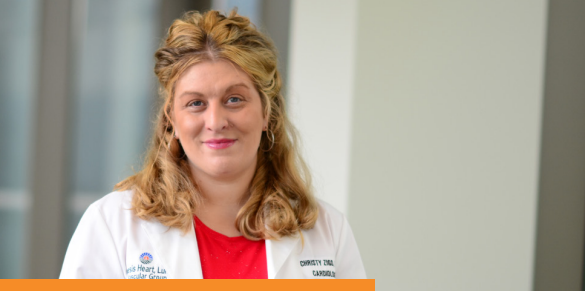
Christy Zigo, APRN-CNP
Nurse Practitioner
Genesis Heart & Vascular Group
Half his size and completely whole
At home, Tim adopted the hospital menu. “Portion control and encouragement from the Genesis nurses and specialists worked wonders for me,” said Tim. He also started walking daily. He was so dedicated to following both regimens that he lost 190 pounds in 13 months. “Walking is my number one hobby now,” he said. He leaves his house every day before noon and walks a few different routes he’s created throughout the city of Coshocton.
Since he started working with the Genesis Heart and Vascular team, Tim said that everything has improved for himself and his daughter. He feels better, and she is happy to have a more active dad. “I want to tell my story to everyone,” he said. “I am so grateful to Genesis for getting the ball rolling for me.”
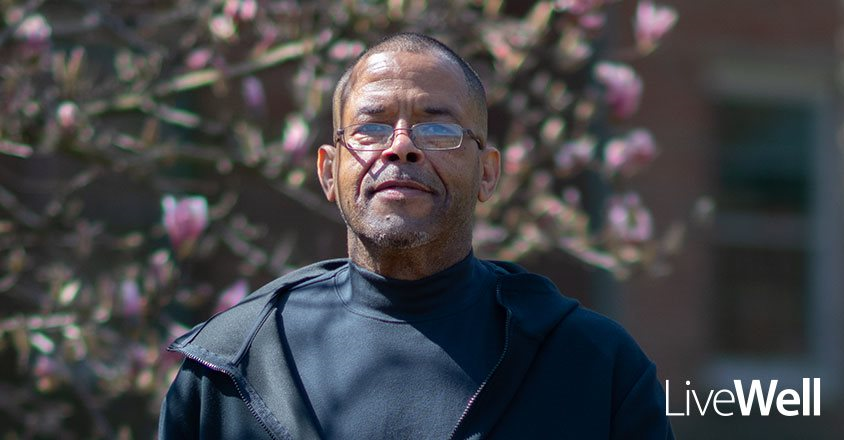
A few years ago, Tim Lewis of Coshocton, Ohio, had trouble doing most things. He was morbidly obese, suffered from emphysema and had trouble sleeping. He was constantly out of breath and could barely walk from room to room in his house.
